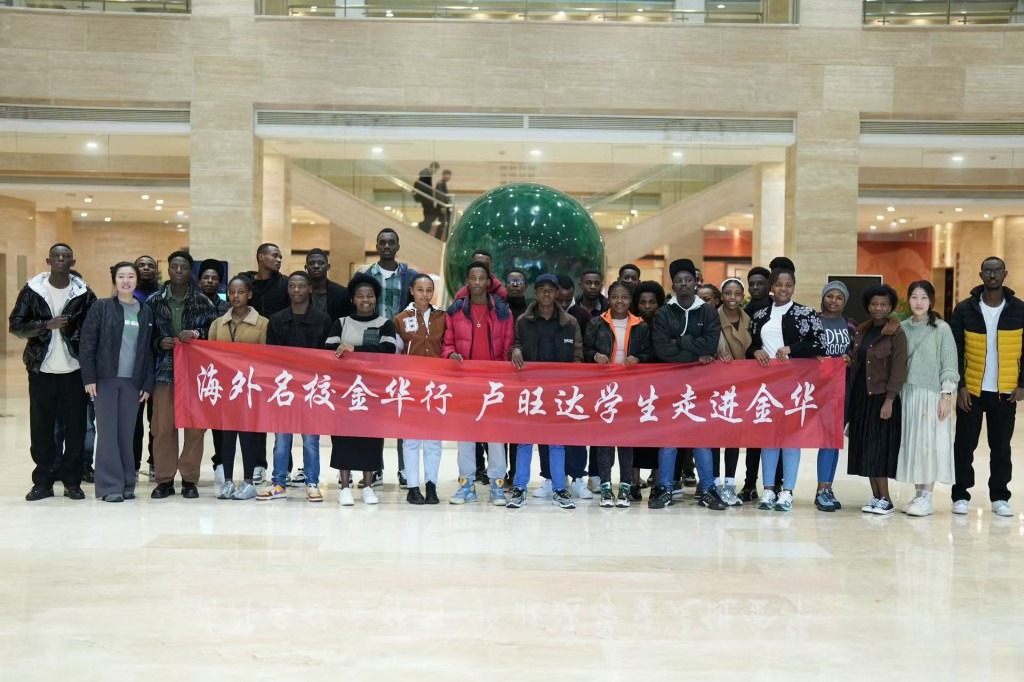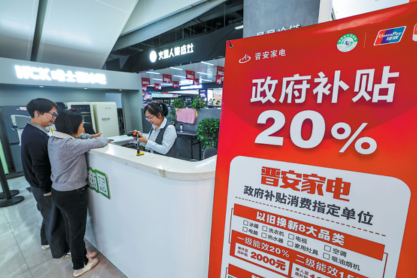Trump: US regains wealth, ending era of 'economic surrender'

US President Donald Trump in his first State of the Union address on Tuesday blasted unfair trade deals and accused the world of taking advantage of the US on trade.
He said the United States has finally turned the page on decades of unfair trade deals that sacrificed American prosperity and shipped away companies, jobs and nation's wealth.
"Our nation has lost its wealth, but we are getting it back so fast. The era of economic surrender is over," Trump said.
"From now on, we expect trading relationships to be fair, and very importantly, reciprocal," Trump said.
He said the US will work to fix bad trade deals and negotiate new ones.
"And we will protect American workers and American intellectual property, through strong enforcement of our trade rules," he said.
In his first year in office, Trump has withdrawn the US from the Trans-Pacific Partnership (TPP) and threatened to pull out of the North American Free Trade Agreement (NAFTA) and US-Korea Free Trade Agreement (KORUS) if the other parties involved - Mexico, Canada and South Korea - do not make unilateral concessions.
The Trump administration also has initiated Section 301 investigation into China's intellectual property policy and practice, using the 1974 US Trade Act that is inconsistent with the WTO principle.
Last week, Trump signed orders for new tariffs on imported solar cells and washing machines, drawing protests from US solar industry, lawmakers and US trade partners such as China, South Korea and Germany.
"So far America First has looked like America Alone," James Goldgeier, a professor of international relations at American University, said on Tuesday ahead of Trump's speech.
Wayne Morrison: a specialist in Asian trade and finance at the Congressional Research Service, said the Trump administration appears to be taking a hard line on trade with many of its trading partners by boosting enforcement of US trade remedy measures, dusting off old US trade laws, pulling out of trade agreements and renegotiating others, and talking tough on trade imbalances.
He expressed that attempting to act unilaterally could prove risky even though the US has many legitimate complaints about unfair foreign trade barriers and inadequate protection of US intellectual property rights.
"It could undermine the rules-based multilateral trading system, hurt relations with friends and allies, lead to retaliation and counter-retaliation with trading partners and diminish the attractiveness of the United States as a potential free trade-agreement partner," Morrison told China Daily on Tuesday.
"Ultimately, such policies could result in diminished trade, which would be bad for all," he said.
Michael Froman, US trade representative under the Obama administration, also expressed concern about the Trump administration acting outside of the international system.
"I think one of the things we need to watch out for is that the Trump administration is not undermining the WTO dispute-settlement body," he said on Tuesday evening in a talk at Harvard University.
He said that if the "US is picking and choosing which international obligation it's going to abide by, we are giving a license to other countries, not just to retaliate against us, but to imitate us".
Indian Prime Minister Narendra Modi and German Chancellor Angela Merkel both delivered a veiled criticism of the growing US protectionism and isolationism during the World Economic Forum in Davos last week, although they did not call out the US by name.
Edward Alden, a senior fellow at the Council on Foreign Relations, said Trump's policies on trade are a conscious effort to try to get more companies to invest in the US, especially in manufacturing.
The tools are not only trade policy, but also the big reduction in corporate taxes, deregulation, and the weaker dollar, according to Alden.
"And he appears to be having some success, such as today's announcement by Jinko Solar that it would establish an advanced solar manufacturing facility in the United States," Alden told China Daily on Tuesday.
A Pew Center report on Monday said that partisans in the US have moved apart in their assessment of free trade agreements in general in recent years as Republicans have generally grown more negative in their views.
Today's Top News
- Foreign institutions express confidence in A-share market
- Trudeau announces resignation as party leader
- Party leadership will never give in and never stop the fight against corruption: China Daily editorial
- US' fabricated cyber threats only strain ties
- Japan's PM urges US govt to clarify issue of 'national security' and address steel industry concerns
- Xi stresses winning tough, protracted and all-out battle against corruption






























